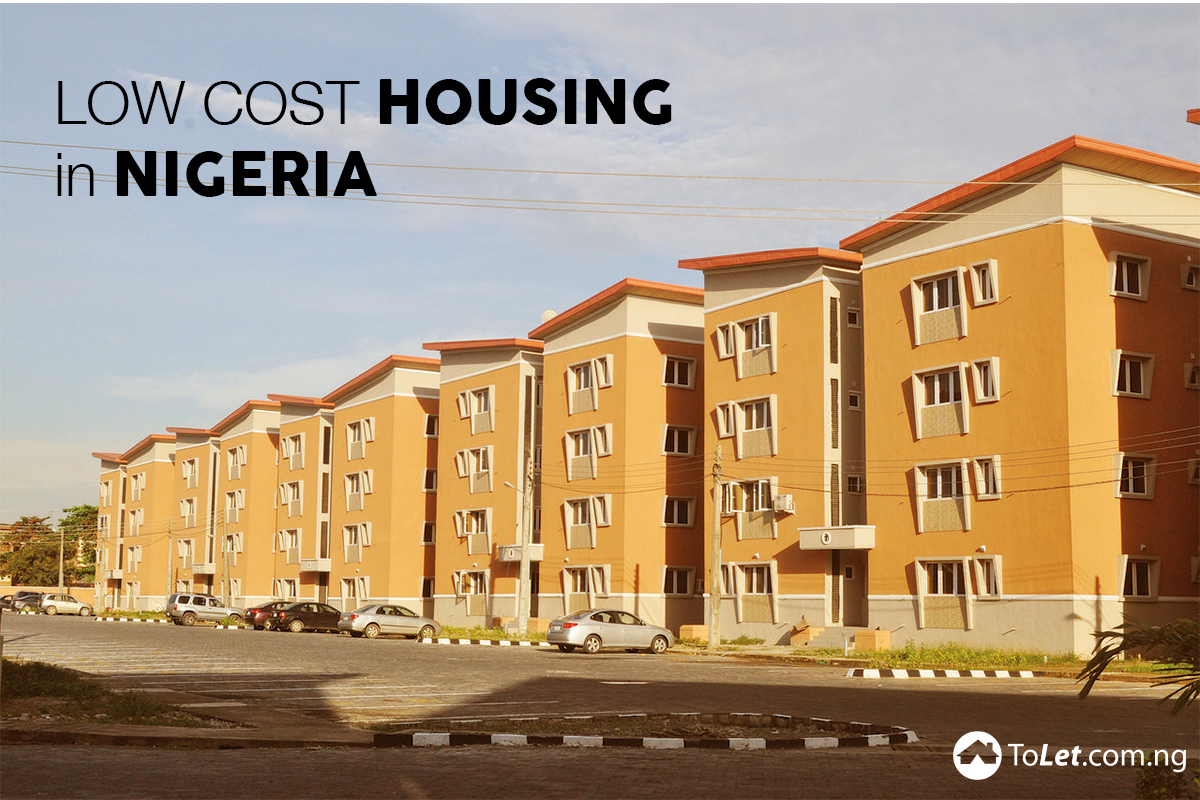
Foreclosure is the legal procedure a lending institution utilizes to take ownership of your home if you default on a mortgage loan. It's pricey to go through the foreclosure process and triggers long-term damage to your credit report and financial profile.
Right now it's reasonably uncommon for homes to go into foreclosure. However, it is essential to understand the foreclosure procedure so that, if the worst occurs, you understand how to survive it - which you can still go on to grow.
Foreclosure meaning: What is it?

When you take out a mortgage, you're accepting use your home as security for the loan. If you fail to make prompt payments, your lending institution can take back your home and offer it to recover some of its cash. Foreclosure rules set out exactly how a creditor can do this, but also supply some rights and protections for the house owner.
At the end of the foreclosure process, your home is repossessed and you must leave.
Just how much are foreclosure costs?
The average property owner stands to pay around $12,500 in foreclosure costs and charges, according to information from the Consumer Financial Protection Bureau (CFPB).
The foreclosure process and timeline
It takes around 2 years on average to complete the foreclosure process, according to information covering foreclosure filings throughout the third quarter of 2024 from ATTOM. However, non-judicial foreclosures can take just a couple of months.
Understanding the foreclosure procedure
Typically, your lender can't initiate foreclosure unless you're at least 120 days behind on your mortgage payments - this is referred to as the pre-foreclosure duration.

During those 120 days, your loan provider is likewise required to supply "loss mitigation" options - these are alternative plans for how you can capture up on your mortgage and/or solve the scenario with as little damage to your credit and financial resources as possible.
Examples of typical loss mitigation options:
- Repayment plan
- Forbearance
- Loan adjustment
- Short sale
- Deed-in-lieu
For more detail about how these choices work, jump to the "How to stop foreclosure" section listed below.
If you can't work out an alternative payment strategy, though, your loan provider will continue to pursue foreclosure and repossess your house. Your state of house will determine which type of foreclosure process can be used: judicial or non-judicial.
The two types of foreclosure
Non-judicial foreclosure
Non-judicial foreclosure means that the lender can reclaim your home without litigating, which is typically the quickest and least expensive option.
Judicial foreclosure
Judicial foreclosure, on the other hand, is slower since it needs a financial institution to submit a claim and get a court order before it can take legal control of a home and offer it. Since you still own the house up until it's offered, you're lawfully enabled to continue living in your home until the foreclosure procedure concludes.
The monetary repercussions of foreclosure and missed payments
Immediate credit damage due to missed payments. Missing mortgage payments (likewise understood as being "delinquent") will affect your credit history, and the greater your rating was to begin with, the more you stand to lose. For example, if you had a 740 score before missing your first mortgage payment, you might lose 11 points in the 2 years after that missed mortgage payment, according to run the risk of management consulting firm Milliman. In comparison, somebody with a beginning score of 680 might lose only 2 points in the same situation.
Delayed credit damage due to foreclosure. Once you get in foreclosure, your credit report will continue to drop. The very same pattern holds that we saw above with missed payments: the greater your rating was to start with, the more precipitously your score will drop. For example, if you had a 780 score before losing your home, you might lose as lots of as 160 points after a foreclosure, according to information from FICO.com. For comparison, someone with a 680 starting score most likely stands to lose only 105 points.
Slow credit healing after foreclosure. The information also reveal that it can take around 3 to 7 years for your score to fully recover after a foreclosure, brief sale or deed-in-lieu of foreclosure.
How soon can I get a mortgage after foreclosure?
The bright side is that it's possible to get another mortgage after a foreclosure, just not right away. A foreclosure will remain on your credit report for 7 years, however not all lenders make you wait that long.
Here are the most common waiting period requirements:
Loan programWaiting periodWith extenuating situations
Conventional7 years3 years
FHA3 yearsLess than 3 years
VA2 yearsLess than 2 years
USDA3 yearsLess than 3 years
How to stop foreclosure
If you're having financial troubles, you can reach out to your mortgage lender at any time - you do not have to wait until you're behind on payments to get assistance. Lenders aren't only needed to provide you other options before foreclosing, but are usually inspired to help you avoid foreclosure by their own financial interests.

Here are a couple of options your mortgage lender may have the ability to use you to relieve your monetary challenge:
Repayment strategy. A structured prepare for how and when you'll return on track with any mortgage payments you have actually missed out on, as well as make future payments on time.
Forbearance. The lender consents to lower or strike "pause" on your mortgage payments for a time period so that you can capture up. During that time, you will not be charged interest or late fees.
Loan adjustment. The lender customizes the regards to your mortgage so that your monthly payments are more budget friendly. For example, Fannie Mae and Freddie Mac provide the Flex Modification program, which can decrease your payments by 20%.
Deed-in-lieu of foreclosure. Also understood as a mortgage release, a deed-in-lieu enables you to move legal ownership of your home to your mortgage loan provider. In doing so, you lose the possession, and suffer a short-lived credit report drop, however gain liberty from your commitment to repay what remains on the loan.
Short sale. A short sale is when you sell your home for less than ("brief" of) what you owe on your mortgage loan. The money goes to your mortgage lender, who in return consents to release you from any more financial obligation.

Progressing from foreclosure
Although home foreclosures can be frightening and frustrating, you must face the process head on. Connect for aid as soon as you start to have a hard time to make your mortgage payments. That can indicate dealing with your lending institution, talking to a housing therapist or both.






